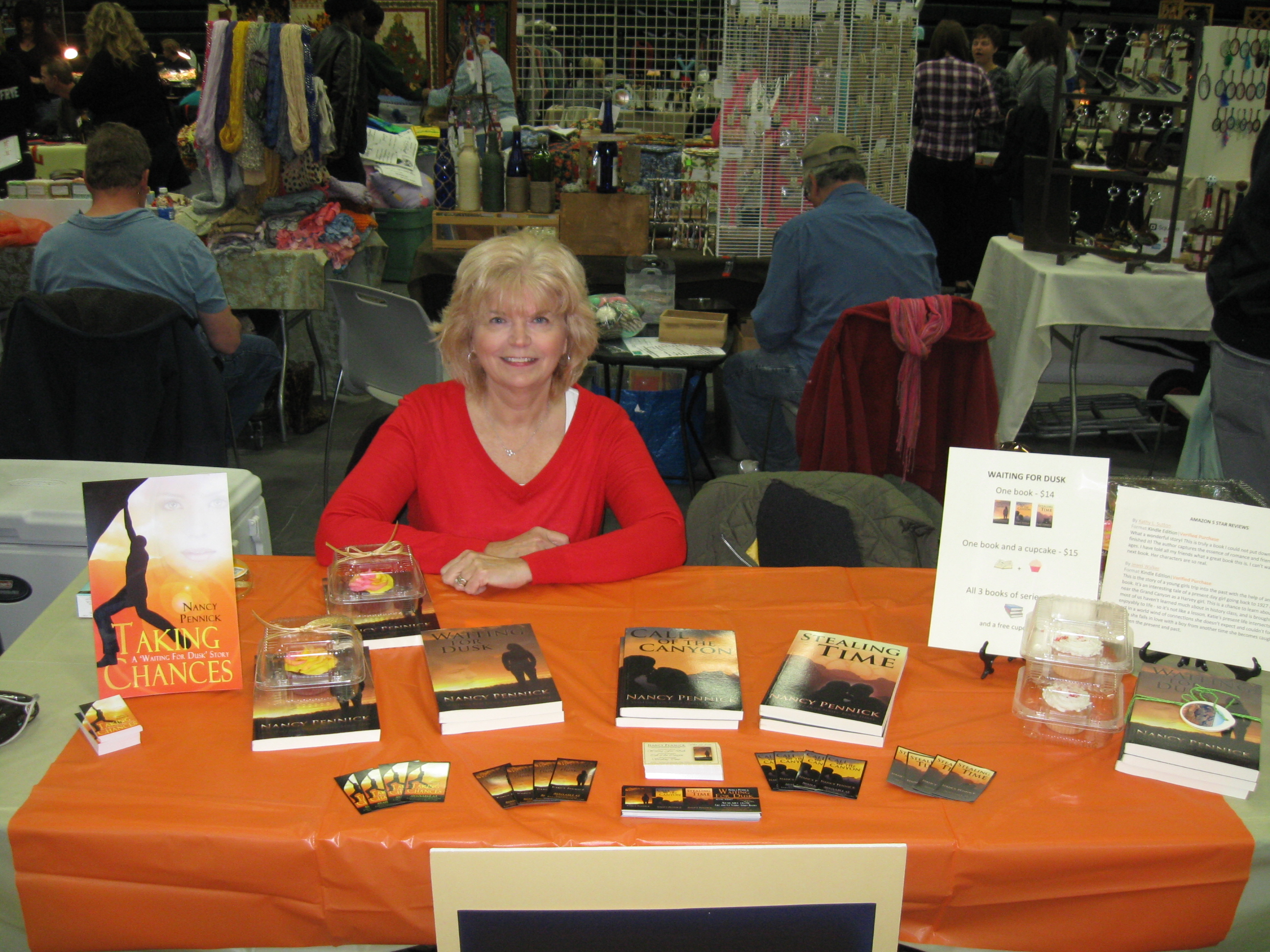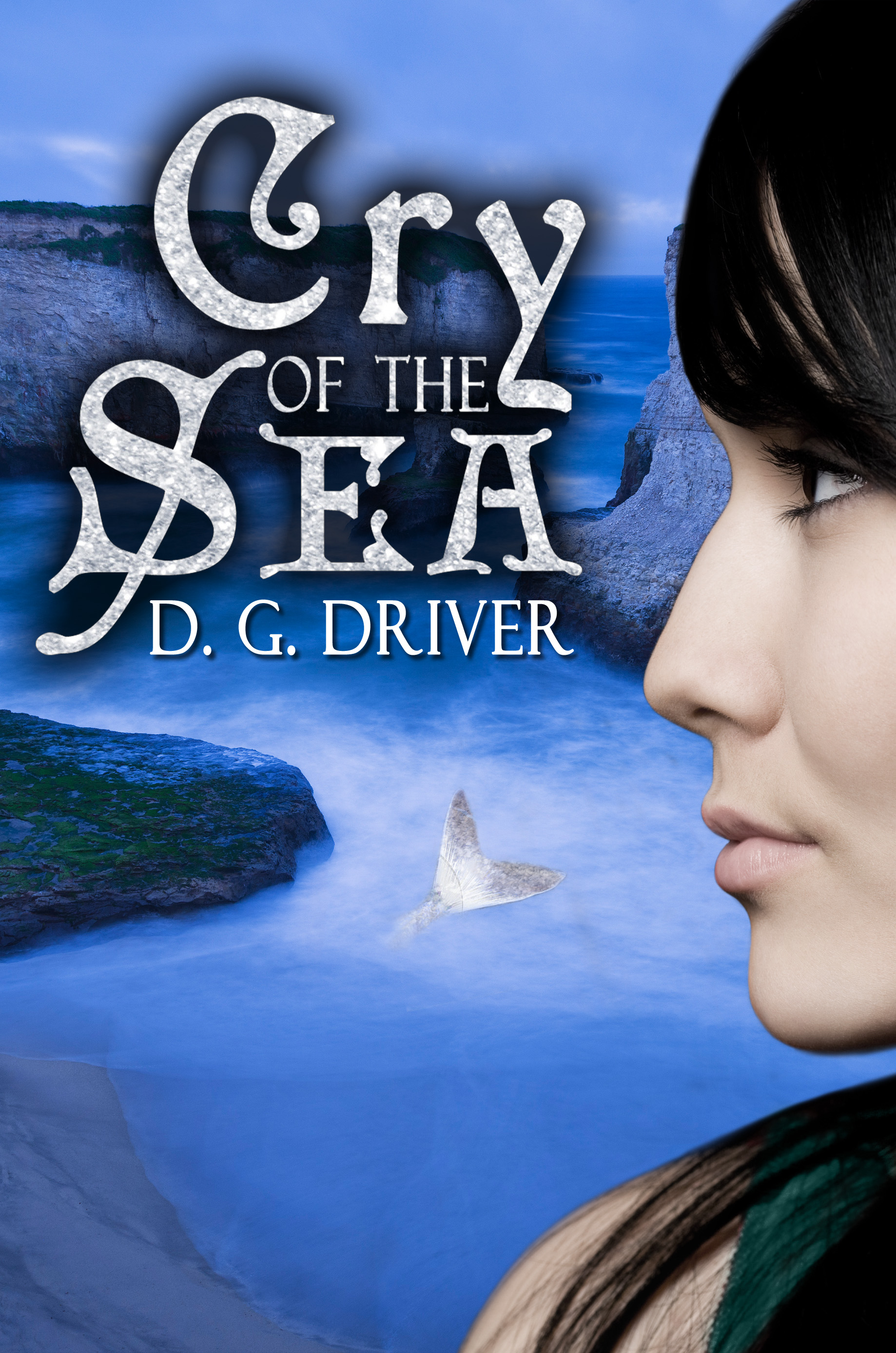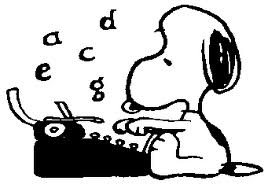I’m in the middle of edits for my new book. It’s exciting and scary all at the same time. I learn so much with each new editor. I always feel I finally have the editing process mastered. But, I don’t. (A side note to authors: No matter how you publish your book, you need a good editor!) Thankfully my publisher provides them and I am so grateful for that.
I know I write for only a small group of readers, and question why I keep doing it. Well, I do know why, I can’t stop writing. But sometimes it feels like a thankless job.
A few weeks ago, I set up shop at a craft fair. Before the doors opened, a young girl, who seemed to be about fifteen, strolled down the aisle. She stopped in front of my table and studied the books. She told me she loved to read and might come back and read mine. I thanked her and smiled while inwardly did a happy dance.
Fifteen minutes later she came back and asked if she could read some of the book. I told her to go for it. I sat and watched her read, set the book down and walk away. The earlier dance party in my head melted away.
Next thing I knew, she was back. Money in hand, she bought the first book of the series. She said if she liked it, she’d come back for the other two. She was a fast reader she informed me. Again, I nodded and smiled, but inside my heart raced. My mind was all over the place, “What if she doesn’t like it? Please like it. How long did she say it takes her to read a book?”
She helped her mom at a table further down the row. My niece, who kindly volunteered to sit at the table with me, spotted her reading. I couldn’t look. “Is she still reading?” I’d ask every now and then. “She has her head down, so yeah,” was the answer.
It was sweaty palms time. Would she be back? Would she buy the next two? I didn’t care about the money. I wanted her to like the book. Halfway through the craft fair, the girl made her next appearance. “I finished,” she said.
Heart pounding, I wanted to grab her and say, “Tell me everything! What did you like?” My niece calmly asked, “Who was your favorite character?” “Lindsey,” she replied. “Oh, interesting choice,” my niece answered.
Lindsey is my main character’s best friend. She is a good choice. Strong, determined, loyal.
Again, she walked away. My heart was now in my throat. Five minutes later, she was back, money in hand. “I want to buy the other two books.” The happy dance was back. She liked it. She really liked it.
We had a good conversation. I feel I can add her to my tens of fans. (That’s not a typo.) So thank you, fifteen year old girl from the craft fair. I will continue to write and hope someday more readers like you will find my books



